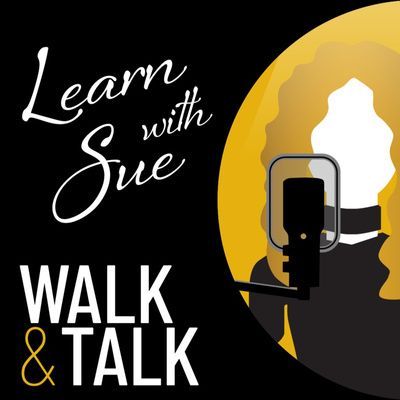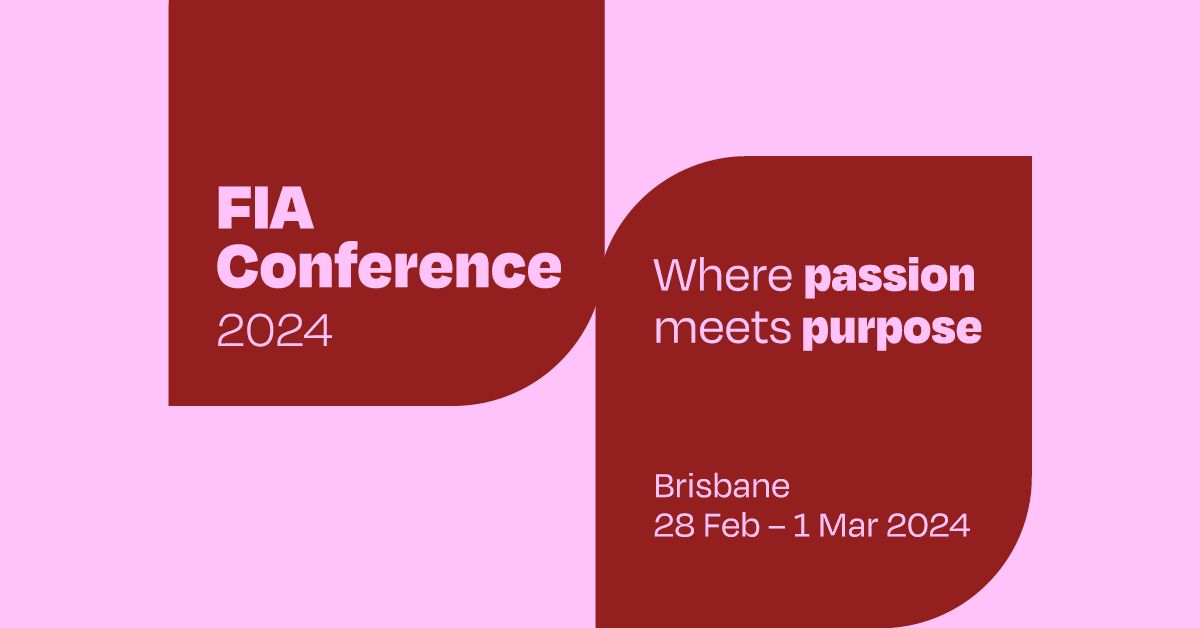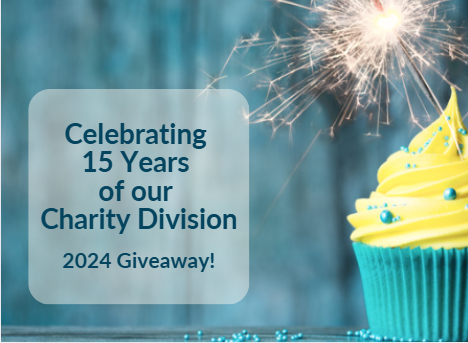Inside The Virtual World Literacy Summit
The World Literacy Foundation was established by Andrew Kay back in 2003, it's goal is to bring books, tutoring and literacy resources to children around the world who wouldn't otherwise have access to these.
Every two years, they organise a global literacy conference in Oxford, the United Kingdom named 'The World Literacy Summit'.
This four-day event brings together 600 delegates from 85 countries representing over two-thirds of the world’s population, and all with a single focus – advocating, championing and educating on the vital importance of improving literacy levels across the globe.
This year the event was held virtually due to COVID-19 and still brought 600 delegates together with 130 of them speaking at the various events.
With the pandemic forcing Not-for-Profit's (NFPs) to cancel events, and as the Marketing and Communications Recruitment Specialist on the Charity team, I wanted to understand the experience World Literacy Foundation had whilst organising the virtual event at such short notice, and what advice they would give to others looking to host virtually.
CEO, Andrew Kay and Project Lead, Jen Grant talk us through how it went.
What things did you have to consider to decide if this event is something you would be able to run virtually as opposed to postponing or cancelling the event?
We felt that postponing or cancelling the event would be counterintuitive in our fight against global illiteracy. Now more than ever people need hope for a literate world and it is more important than ever to promote global literacy as we are finding children out of school worldwide and teachers are being forced to learn new ways to share information with their students.
In short, we felt that there was still a need and relevancy for the event to run even if that was virtual.
Can you give us some context as to how the format of the online event differed to the usual face to face 4-day event?
Rather than the normal 4-day event, we spread the summit over two-weeks with the content being posted continuously throughout this time.
There were two live components but most of the content was pre-recorded but this meant there were limited possibilities for the audience to participate. With that being said, we still strived to get as much delegate interaction as possible in this scenario. We did this through the chat function on the live events and used a delegate directory with chat on the digital video library.
Which platform did you decide to use and how did you conclude it was the best technology to use for the summit?
Vimeo: Vimeo was the primary platform we used for the summit. We needed a platform that allowed videos to be embedded onto our website, and to be protected by a password to ensure that the delegates are the only ones who are able to access the exclusive content. We felt Vimeo was the best fit for both of these needs and was really an obvious choice for us to use.
Samba Live: Samba was used exclusively for the Tech for Good Live Event. It is more geared towards online webinars than platforms like Zoom or Google Hangouts. We felt that we needed a platform that allowed for more moderator control, as we had up-to 600 viewers and 18 speakers for the event. Samba gave us the opportunity to brand the event by inserting our logo and colour schemes which provided a further air of professionalism. Samba also has very personalized customer support due to their small size, and this married up well with the summit as our team is also small and not necessarily experienced in tech.
What were the challenges you faced either on the lead up to the event or during?
Time and resources were the main challenges we faced, and we had 3-weeks notice, very limited budget and some of our staff had to return to their home country due to COVID-19. We also usually rely on a team of up to 20 volunteers, but as the event took place online, we were unable to enlist any volunteer support. We had no prior experience with running an event of this size online, but we were learned as we worked.
The majority of speakers reside in Europe and North America, this meant we had to try to juggle tending to the needs of all the delegates during the night hours in Australia as well as working hard throughout the day due to the speakers working on different time zones.
We were reliant to an extent on the speakers doing their part, and they provided great support to us.
Is this usually an event that generates any revenue?
The main point of the summit is to educate and advocate for improving literacy levels globally, but it does also generate revenue.
In previous years, we would have 2 major sponsors to fund the summit, such as Oxford University Press and Pearson Education (who are the worlds leading learning company). From that funding, we have been able to sponsor 10-15 speakers that otherwise wouldn't be able to cover the costs themselves. For example, we have sponsored Stacey Fru who is a 15-year-old multiple Award-Winning Child Author from Johannesburg, South Africa to attend alongside her mother which was amazing.
This year we did not have money from sponsors but we generated $210,000 through charging the 600 delegates an attendance fee. We made a profit of $100,000 due to incurring $80,000 of labour charges on the 6 months leading up to the summit as well as invested $35,000 of revenue generated into an online platform we have been creating for educators and teachers globally. This is almost like a Netflix specifically targeted at educators in low-income countries where they can log in and access podcasts, latest research, international content, and best practice for free.
By the 1st of July, we will be offering access to the public for future events at a fee, so the revenue generated will increase. The more attendees we have the less money we will need to spend on Marketing as our relationships and global reach will increase and we can target individuals who have already registered.
How have you measured the success of the event and how does this differ to the way you would measure its success normally?
A benefit of hosting the event online is that we were able to view real-time statistics of the views and number of attendees for the live digital event. During the planning stages of the summit, our team developed a smartphone app that would’ve allowed delegates to rate their enjoyment of each session in real-time, but as the summit was moved online, we found that this app was no longer necessary.
This was because we wanted the virtual platform to be the central way of us communicating with the delegates, this platform also enabled the delegates to use the platform to communicate with each other.
We have just sent out a second round of surveys to get more information around the enjoyment of the summit, we adapted the questions to incorporate some of the feedback we missed from not having in-person interaction and to gain specific feedback about the ease of use and accessibility of the online experience to properly assess the success of the event.
The same amount of delegates attended the online event as normally would to the face-to-face event so we should have a lot of data to assess.
What feedback did you receive from the attendees?
The feedback we have received has been positive, we are still receiving the post-event surveys, and once we receive them we will thoroughly review the results and assess the success of the online experience
What tips would you give to others looking to host a successful virtual event of this scale?
Give yourself as much time to plan as possible.
It’s also important to make the whole process as easy as possible for the speakers and be as accommodating as possible. This means simplifying any tech-related input they need to make, not everyone is experienced in working online in this way.
If you’re reliant on speakers to submit content the way that we did, having clear guidelines sent to them about the quality of the content is crucial to ensuring the professionalism of the event.
And also, I would advise you to extensively research the platforms which are the best fit for what you want to achieve before paying and committing to a platform.
For more information on the World Literacy Foundation and how you can support them, please visit their
website.
Nicole Harding is a Marketing and Communications recruiter that specialises in the For-Purpose Sector. She can be contacted at nicoleh@beaumontpeople.com.au or 0457 159 733.
Recent Articles






All content copyrighted Beaumont People © All rights reserved.






